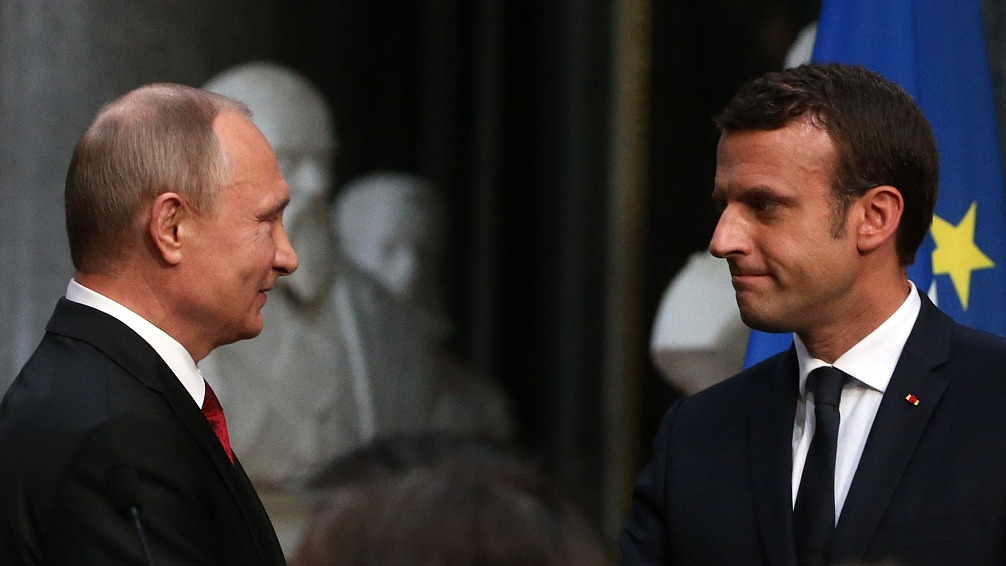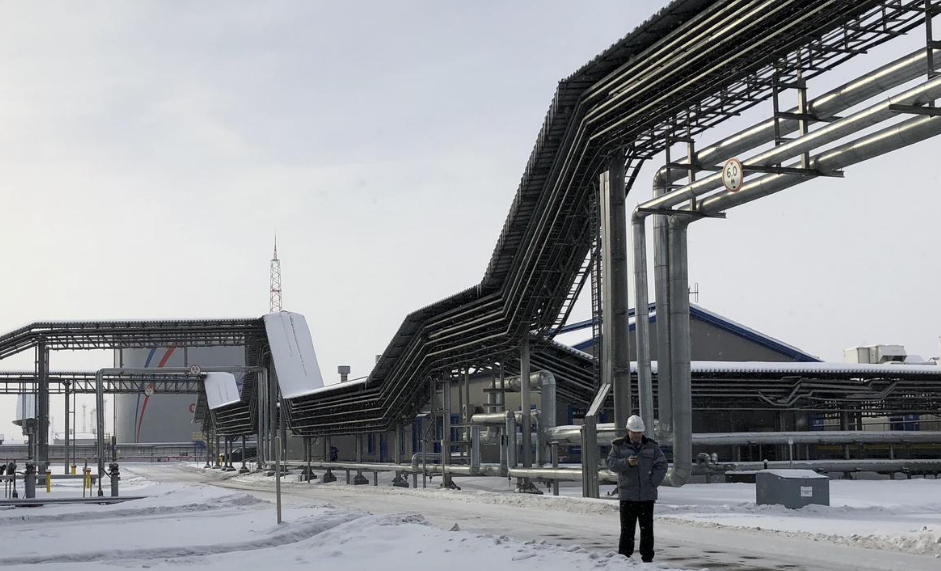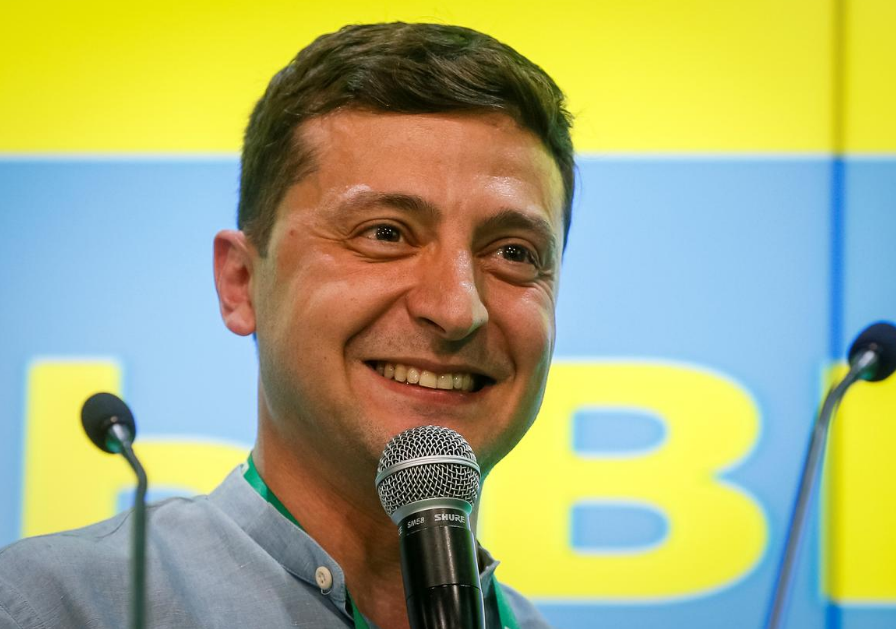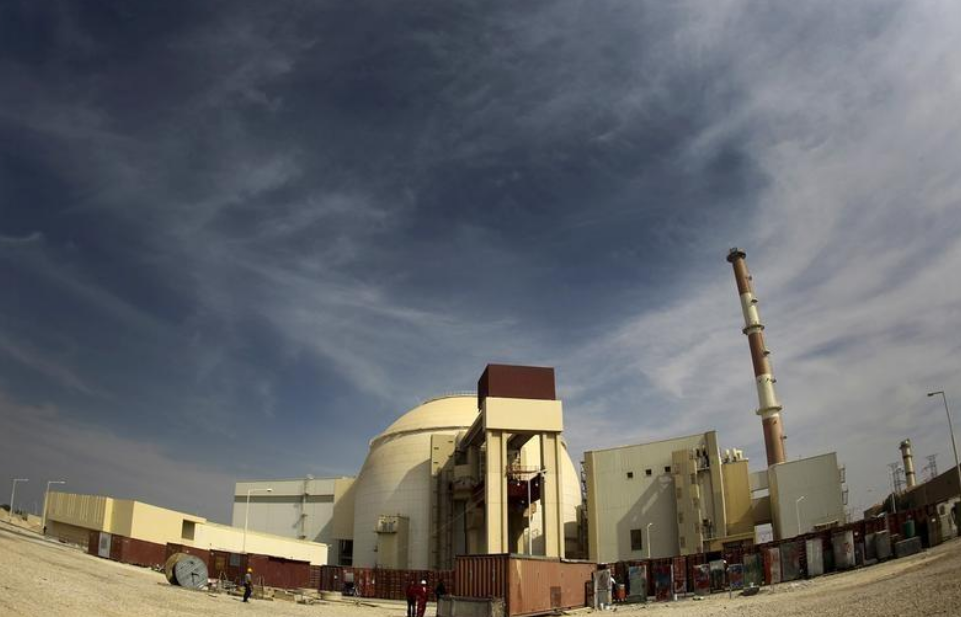

French President Emmanuel Macron is due to host his Russian counterpart Vladimir Putin for talks on Monday, a rare bilateral visit by the Russian president to the West after years of growing tensions.
Apart from bilateral cooperation, the pair will seek to find some common ground on issues including Ukraine, the Iran nuclear deal and the situation in Syria.
Macron will welcome Putin at 5:30 p.m. (1530 GMT) at his official holiday residence in Bregancon in southern France, days before he hosts other world leaders for the August 24-26 Group of Seven (G7) summit in Biarritz.
Russia-France ties: friends, foes or both?
The relationship between Russia and France was undermined in 2014 over Crimea and the conflict in Donbass, which led to the adoption by the European Union of sanctions against Russia and the country's suspension from the G8.
However, since coming to office in May 2017, Macron has tried to improve relations with Russia.
This is the third time Macron has invited Putin for a visit. Macron hosted Putin at the Chateau of Versailles in 2017 and 2018. Last June, Macron paid a two-day visit to Russia and next May he will go to Russia to attend celebrations for the 75th anniversary of the victory in World War II.
In the past years, in accordance with the sanctions imposed by the EU, France has also significantly increased its commercial trade with Russia. In 2017, bilateral trade increased by 26 percent to 14.6 billion U.S. dollars. Excluding areas with particularly attractive tax rules, France was the second-leading foreign direct investor in Russia after Germany at the end of 2016, and, like in 2015, the leading provider of FDI flows, according to French foreign ministry.

An oil storage tank of Russian oil pipeline monopoly Transneft is pictured at the Baltic Sea port of Ust-Luga, Russia, February 26, 2018. /Reuters Photo
'Chance of progress' in Ukraine
Paris hopes to nudge Moscow towards steps to help end the conflict in the east of Ukraine, and it believes the arrival of Volodymyr Zelensky as Ukraine's new president could give a new impulse to Ukraine progress.
"President Zelensky has made offers to which – it seems to us – President Putin should respond in an encouraging way," said a French official, who asked not to be named.
"We will intensify our efforts on the question of Ukraine, notably within the Normandy format" that groups Russia, Ukraine, France and Germany.
Macron has taken a keen interest in brokering an end to the conflict in eastern Ukraine, hosting Zelensky for talks in June.
Zelensky has offered to meet Putin for face-to-face talks, saying "let's do it", and spoke to him by phone last week when four Ukrainian soldiers were killed in a grenade attack.
"I called him urgently. I told him that this brings us no closer to peace," Zelensky said.

Ukraine's President Volodymyr Zelensky speaks at his party's headquarters after a parliamentary election in Kiev, Ukraine, July 21, 2019. /Reuters Photo
Alexander Baunov, a senior fellow at the Carnegie Moscow Center, said Macron would be looking for ways to resuscitate the 2015 Minsk ceasefire deal.
"The main public issue will be reviving the Minsk accords. The main promise of the Ukrainian president is ending the war," Baunov told AFP.
He said he believed Putin would be prepared to make a move if the Donbass region, which has a large ethnic Russian population, received a special status within Ukraine.
"There is a real chance of progress. Moscow will only go in that direction if its main conditions are respected," Baunov said, adding that these consisted of a transition period and local elections in which the main Ukrainian parties would not take part.
Iran, Syria among others
Iran will also feature high on the agenda of talks between Macron and Putin, with Paris keen for Moscow to use its close ties with Tehran to prevent a further escalation of conflicts in the Middle East.
Tensions have shot up since Washington's unilateral pullout from a 2015 deal to rein in Iran's nuclear ambitions, known as the Joint Comprehensive Plan of Action (JCPOA), and slapped U.S. economic sanctions on Iran's oil exports.
Exactly one year later, Iran's President Hassan Rouhani stated that Tehran suspended part of its obligations under the nuclear deal.

A general view of the Bushehr nuclear power plant, some 1,200 km (746 miles) south of Tehran. /Reuters Photo
Macron will also press Putin to use his influence on Syria to stop an offensive in the northern region of Idlib and ward off new refugee flows towards Turkey.
Kremlin aide Yury Ushakov said the two leaders will discuss plans to hold a new four-party summit (Russia, France, Turkey and Germany) on Syria during their meeting.
"Now this idea is on the agenda as well, but, in my opinion, it is currently far from practical implementation. However, our leaders can discuss it," Ushakov said.
The Kremlin aide stressed that Russia would like to hold the Astana process (Russia, Turkey, Iran) summit first.
"We plan to hold this summit in the near future together with our partners. Practical work on the trilateral summit is in progress," he added.
Can Paris, the intermediary, bring the dawn of Moscow-EU ties?
Macron seemingly has become the representative of the West in international affairs, with the UK embroiled in Brexit with its new PM, German Chancellor Angela Merkel's influence diminishing in Germany and Italy mired in crisis.
Macron said in late June that he believes within the framework of the G7, it's essential to take initiative with Russia in order to explore all forms of cooperation on key topics of destabilization or conflict, without naivety but without closing the door.
"We need a better level of international consensus than exists today," said Thomas Gomart, a historian and director of the French Institute of International Relations. "The president (Macron) does not hesitate to take the initiative, to take risks . . . The fact is that there are important convergences possible between the European and Russian agendas.”
With Putin's talk with Macron just days ahead of the G7 summit, experts say the timing is important.
The dialogue with Paris is even more important now, and it is vital for Macron to find common ground with leaders of the largest powers, Yuri Rubinsky, Russia’s Head of the Center for French Studies at the Russian Academy of Sciences Institute for European Studies, told TASS on Saturday.
(With input from AFP)

Copyright © 2018 CGTN. Beijing ICP prepared NO.16065310-3
Copyright © 2018 CGTN. Beijing ICP prepared NO.16065310-3